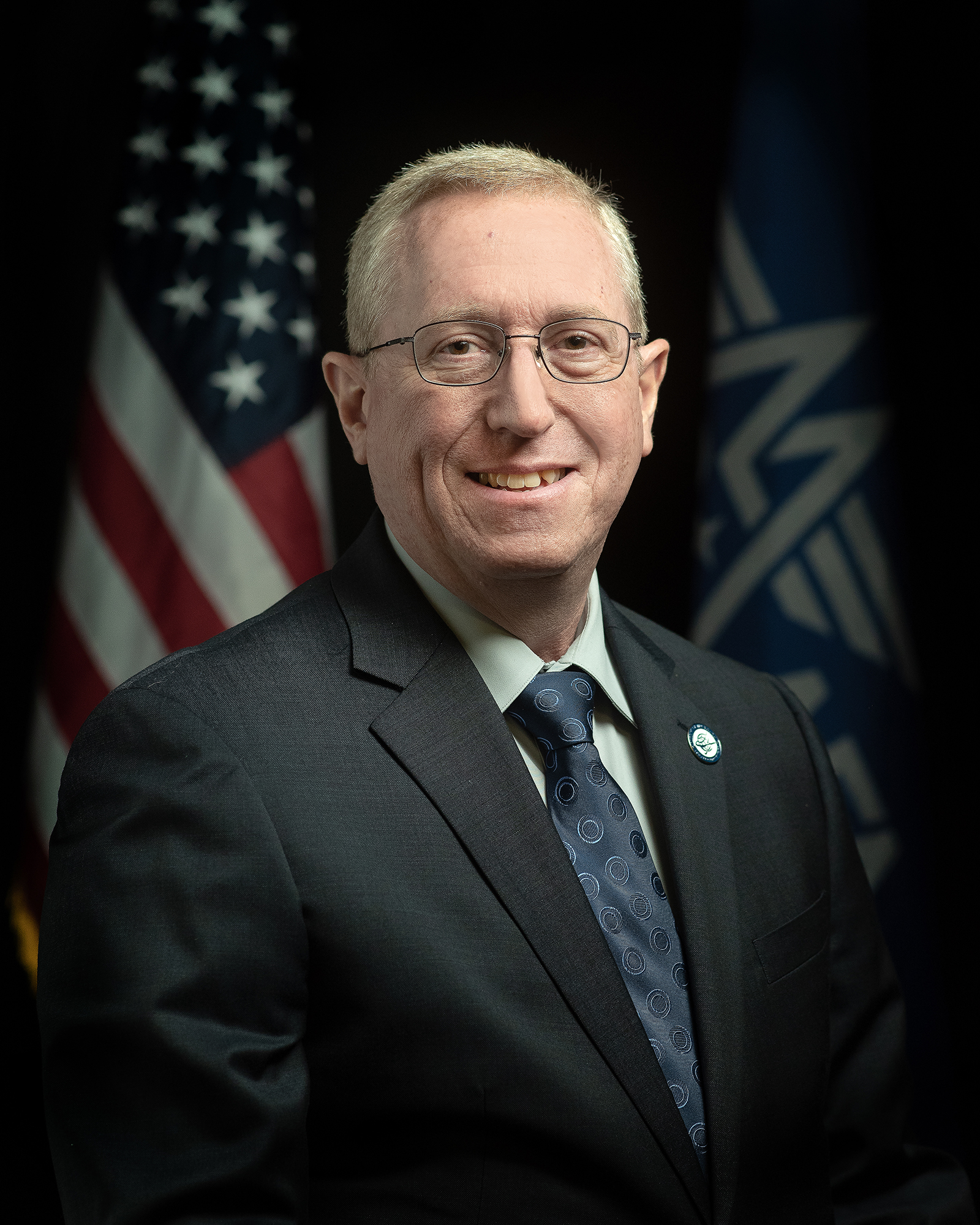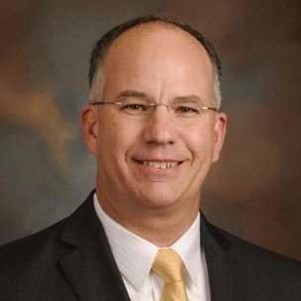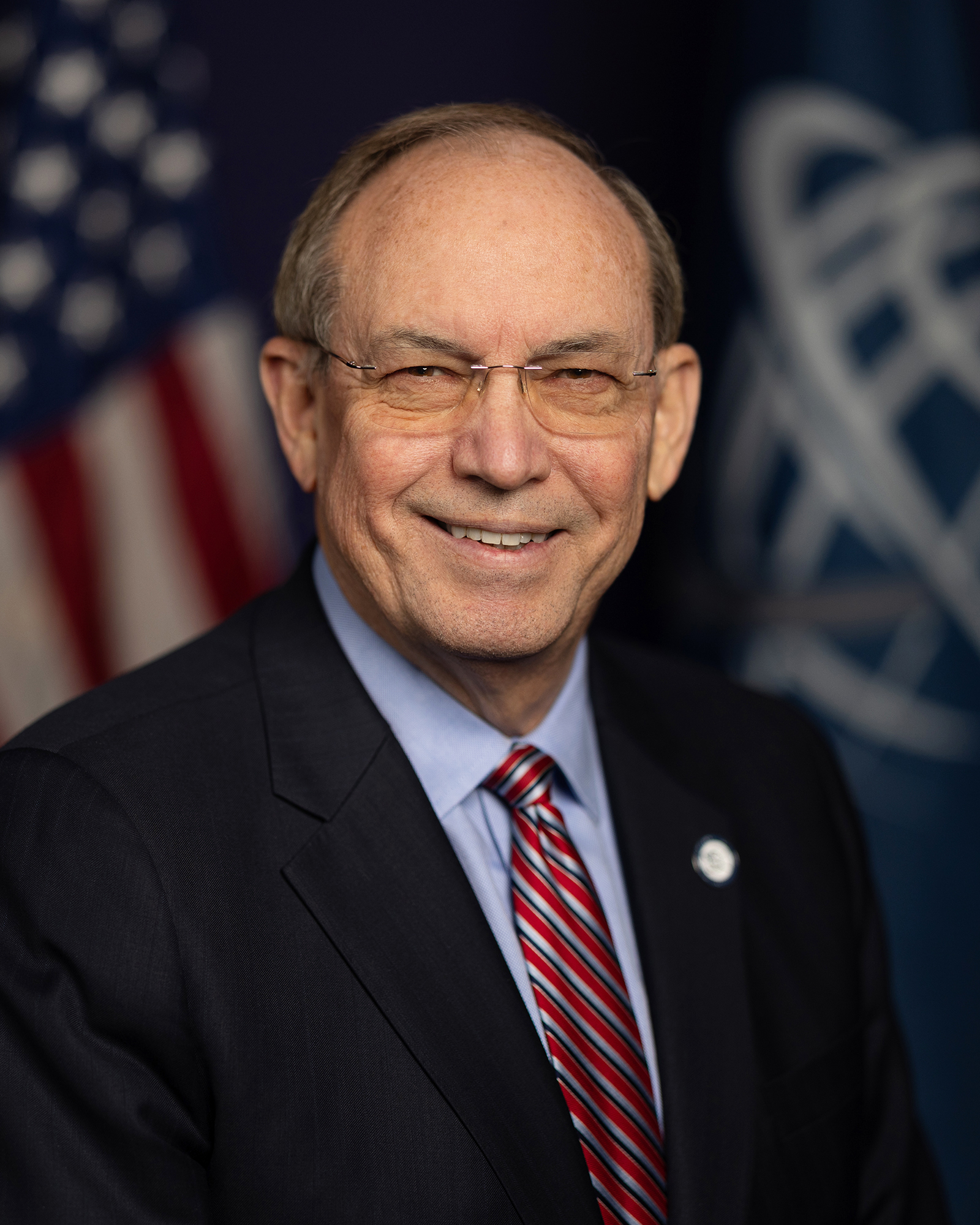Ensuring a Spacepower Advantage in a Prolonged Competition:
Findings a Recommendations from the Space Endurance Workshop
By Charles Galbreath and Jennifer Reeves
The Mitchell Institute’s Spacepower Advantage Center of Excellence (MI-SPACE) convened its inaugural space workshop in October 2024. The workshop assembled 55 subject matter experts from across the national security space landscape to examine the Chief of Space Operations’ theory of Competitive Endurance against a set of potential challenges over the next 25 years of competition. The Space Endurance Workshop provided participants with a venue to define the actions, conditions, and effects necessary for the United States, our allies, and partners to preserve U.S. and Coalition leadership in space.
Key Takeaways
- The Space Force must proactively lead cooperative efforts with Allies and international and commercial Partners to fully integrate and synchronize capability development and operations in a deliberate manner to ensure the most effective and efficient use of resources for all
- Over a protracted competition with China, the ability of the U.S. Space Force, U.S. Space Command, Allies, and Partners to have a spacepower advantage hinges on maintaining popular support and national will
- To gain support and sustain national will, the Space Force must actively and continually articulate why it exists and what it does to Congress, the American people, and even to Guardians
- Given existing policy, budget, and personnel realities, the Space Force’s Theory of Competitive Endurance provides a stable way forward but may create unintended consequences that undermine a warfighting mentality and Guardian identity
- Systemic issues exist within the Space Force and Department of Defense threatening the success of the Space Force in a long-term competition with China, e.g., proper authorities and resources, a lack of clearly defined and understood roles & missions, and a warfighting ethos
- Workshop findings reinforced that existing Space Force lines of effort, such as improved domain awareness, architecture resilience, and security classification reform, are critical and must be expanded to overcome a range of challenges that the United States might face throughout an extended competition
- For the Space Force to succeed as a military service, defensive and offensive counterspace operations must be normalized with warfighting operations to gain superiority like those in all other domains performed by the Air Force, Army, Navy, and Marine Corps
Watch
Listen
Speakers
 Charles GalbreathSenior Resident Fellow for Spacepower Studies, The Mitchell Institute Spacepower Advantage Center of Excellence
Charles GalbreathSenior Resident Fellow for Spacepower Studies, The Mitchell Institute Spacepower Advantage Center of Excellence Jennifer ReevesSenior Resident Fellow for Spacepower Studies, The Mitchell Institute Spacepower Advantage Center of Excellence
Jennifer ReevesSenior Resident Fellow for Spacepower Studies, The Mitchell Institute Spacepower Advantage Center of Excellence Robert “Otis” Winkler USAF (Ret.)Vice President of Corporate Development & National Security Programs at Kratos Defense
Robert “Otis” Winkler USAF (Ret.)Vice President of Corporate Development & National Security Programs at Kratos Defense Arnie StrelandSenior Director Strategy and Business Development at Northrop Grumman
Arnie StrelandSenior Director Strategy and Business Development at Northrop Grumman Lt Gen David A. Deptula USAF (Ret.)Dean, Mitchell Institute for Aerospace Studies
Lt Gen David A. Deptula USAF (Ret.)Dean, Mitchell Institute for Aerospace Studies